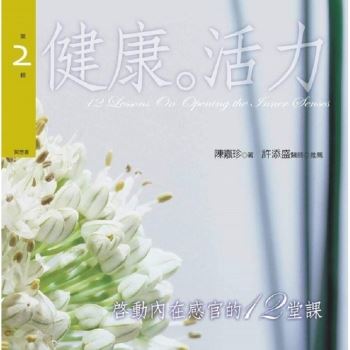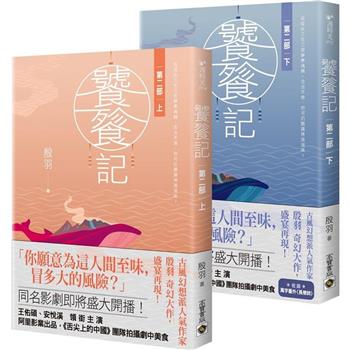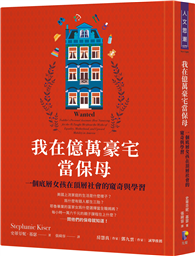This book offers an up-to-date account of one of the most influential strands of eco-research: cognitive ecostylistics.The onset of the 1970s saw a global shift in scholarly perspective upon the relation between egocentric and ecocentric views of the world. The so-called eco-turn was not only linguistic at its roots, but engaged the bulk of academic thought in social sciences and humanities.
Cognitive ecostylistics invites a multidisciplinary approach to the study of the conceptual relations between oral or written texts and their impact on the environment. This volume is a collection of the latest research that seeks to apply the theory and methodology developed over the last 40 years to both literary and real-life texts, engaging with a wealth of examples from First World War poetry and Anne of Green Gablesthrough to Condé Nast Traveller hotel descriptions. Exploring the cultural effects of the eco-turn, the collection engages the reader in the problem of the present-day Anthropocene, manifested as Ego-Eco tensions at the level of communicating self-needs and the needs of the Other. Divided into two parts, it considers first the human-angled semiotic interplay contained within the universe of people, before examining the problem of semiotic engagement of texts as extraneous to the human, highlighting crucial aspects of nature, culture, and beyond.
| FindBook |
有 1 項符合
Applied Cognitive Ecostylistics: From Ego to Eco的圖書 |
 |
Applied Cognitive Ecostylistics: From Ego to Eco 出版社:Bloomsbury Academic 出版日期:2024-06-13 語言:英文 規格:精裝 / 256頁 / 23.39 x 15.6 x 2.54 cm / 普通級/ 初版 |
| 圖書館借閱 |
| 國家圖書館 | 全國圖書書目資訊網 | 國立公共資訊圖書館 | 電子書服務平台 | MetaCat 跨館整合查詢 |
| 臺北市立圖書館 | 新北市立圖書館 | 基隆市公共圖書館 | 桃園市立圖書館 | 新竹縣公共圖書館 |
| 苗栗縣立圖書館 | 臺中市立圖書館 | 彰化縣公共圖書館 | 南投縣文化局 | 雲林縣公共圖書館 |
| 嘉義縣圖書館 | 臺南市立圖書館 | 高雄市立圖書館 | 屏東縣公共圖書館 | 宜蘭縣公共圖書館 |
| 花蓮縣文化局 | 臺東縣文化處 |
|
|
圖書介紹 - 資料來源:博客來 評分:
圖書名稱:Applied Cognitive Ecostylistics: From Ego to Eco
內容簡介
Cultivating Coaching Mindsets: An Action Guide for Instructional Leaders
Pride in Asia
Pride in Asia
Language City: The Fight to Preserve Endangered Mother Tongues in New York
Bye Bye I Love You: The Story of Our First and Last Words
All in All (More or Less): Rhetorical Considerations in Poetry, Thought, and Experience
Speaking of Crime: The Language of Criminal Justice
The University and the Algorithmic Gaze
Teaching and Assessment in Global Aviation English
The Evolution, Acquisition and Development of Syntax
Pride in Asia
Pride in Asia
Language City: The Fight to Preserve Endangered Mother Tongues in New York
Bye Bye I Love You: The Story of Our First and Last Words
All in All (More or Less): Rhetorical Considerations in Poetry, Thought, and Experience
Speaking of Crime: The Language of Criminal Justice
The University and the Algorithmic Gaze
Teaching and Assessment in Global Aviation English
The Evolution, Acquisition and Development of Syntax
|










